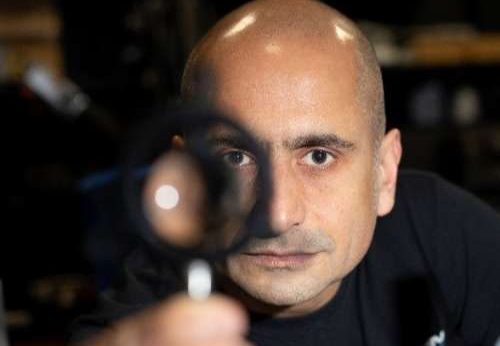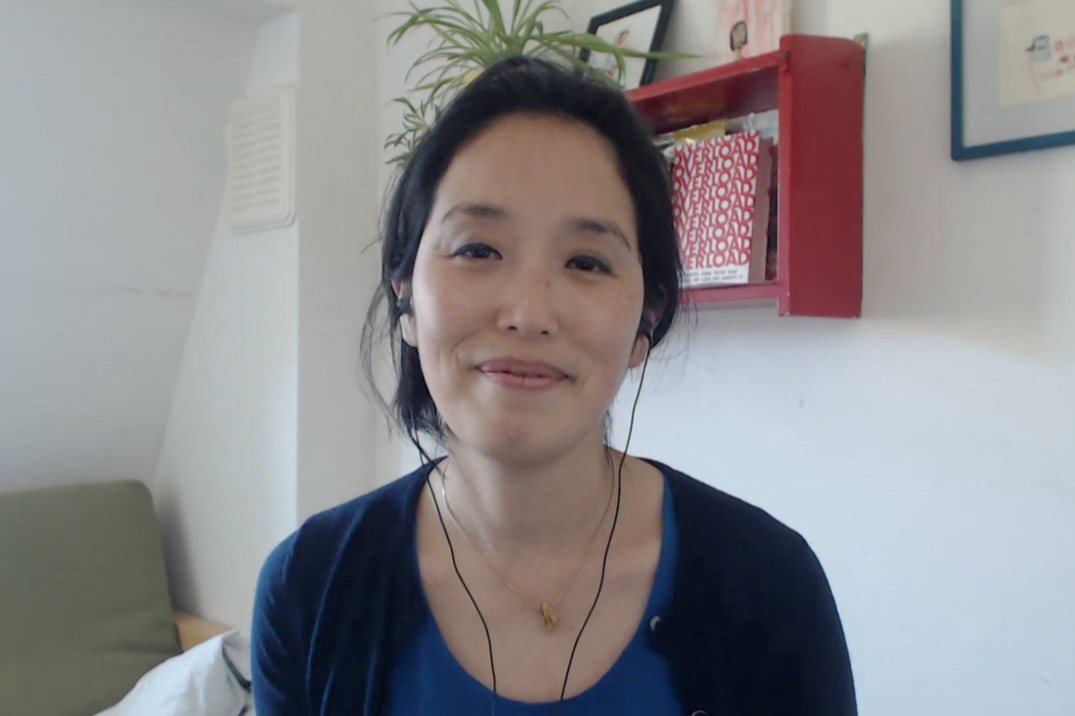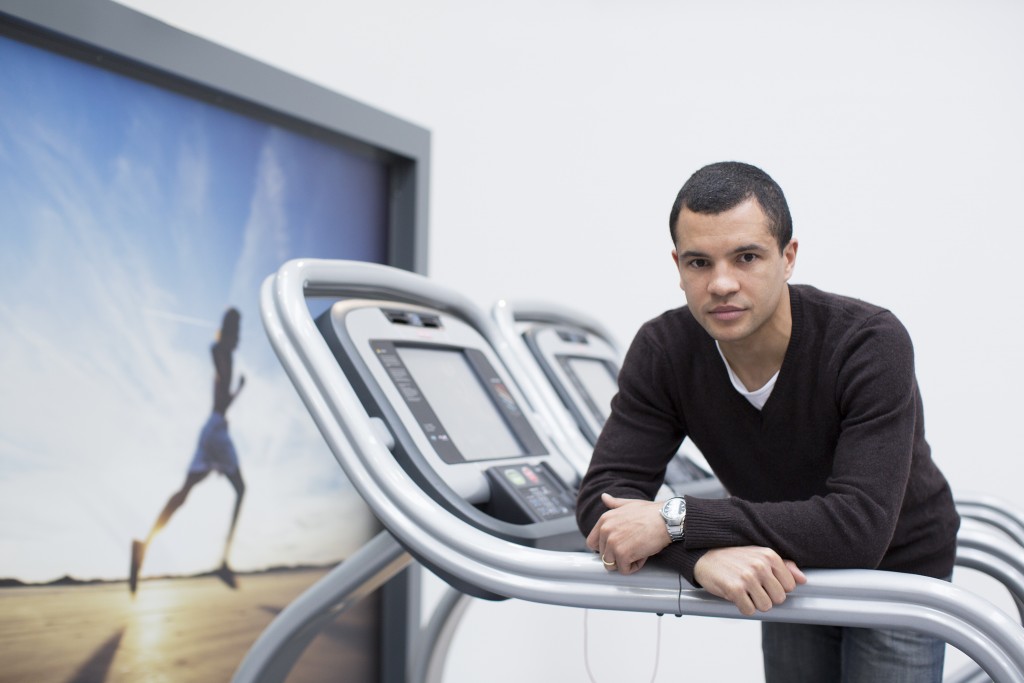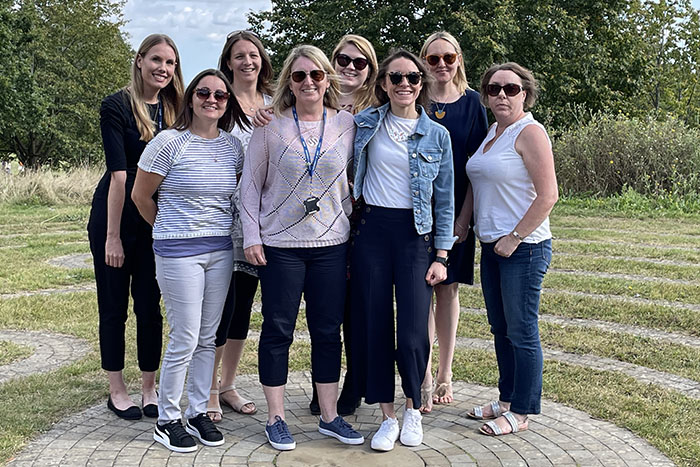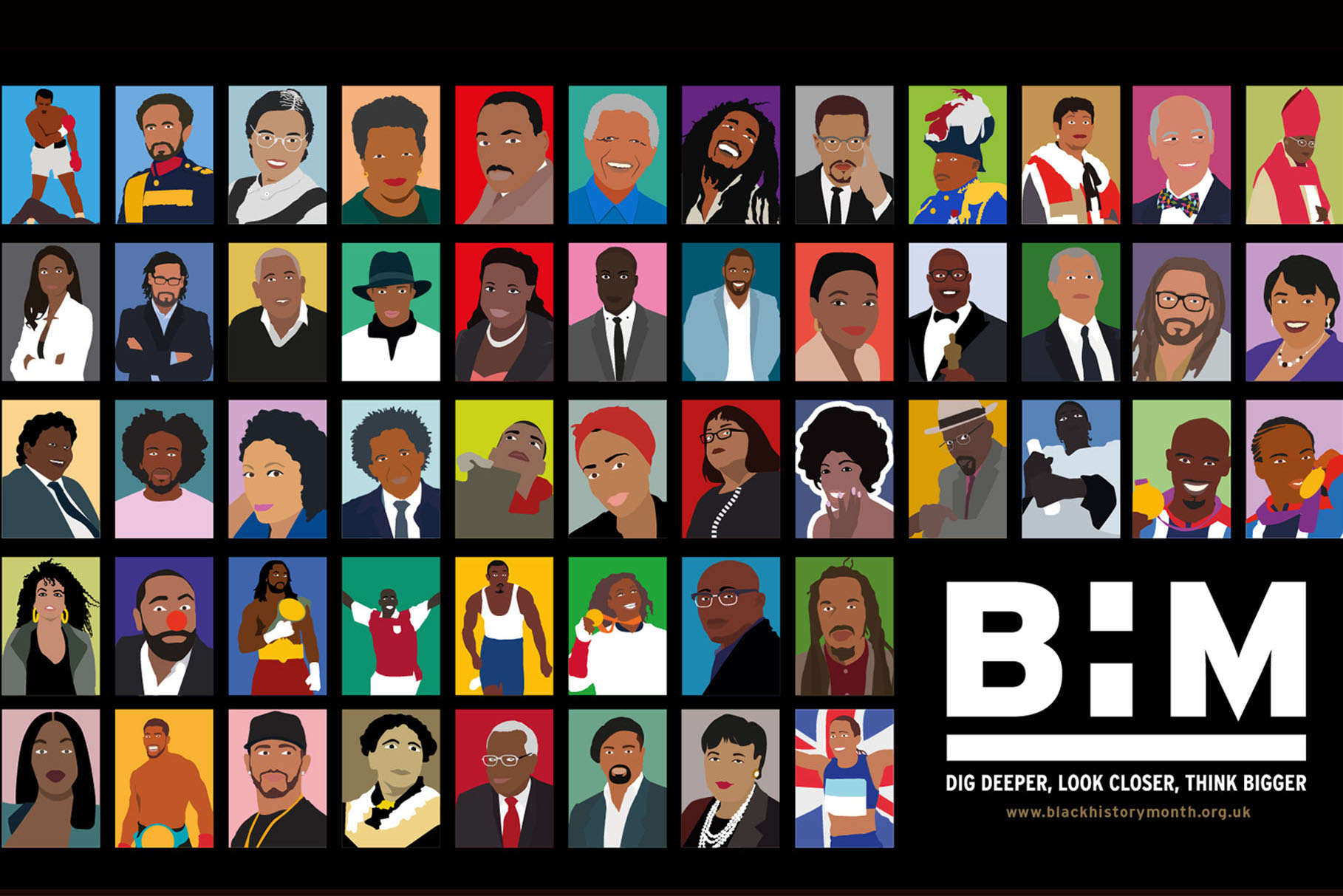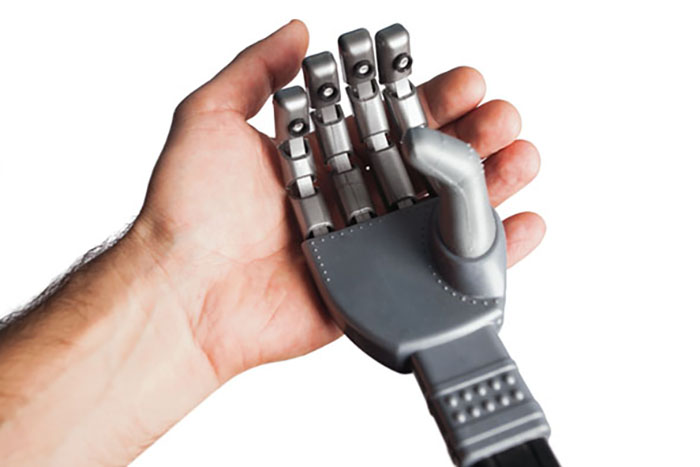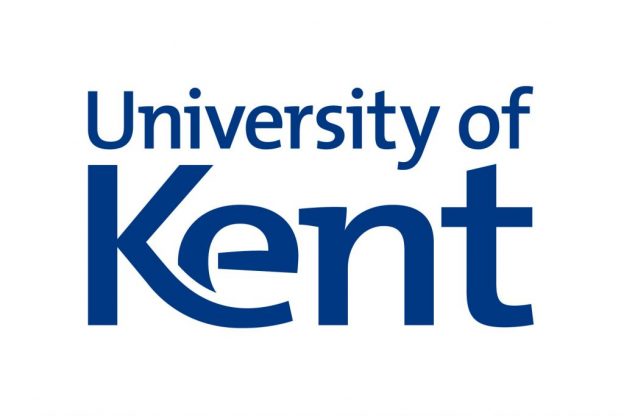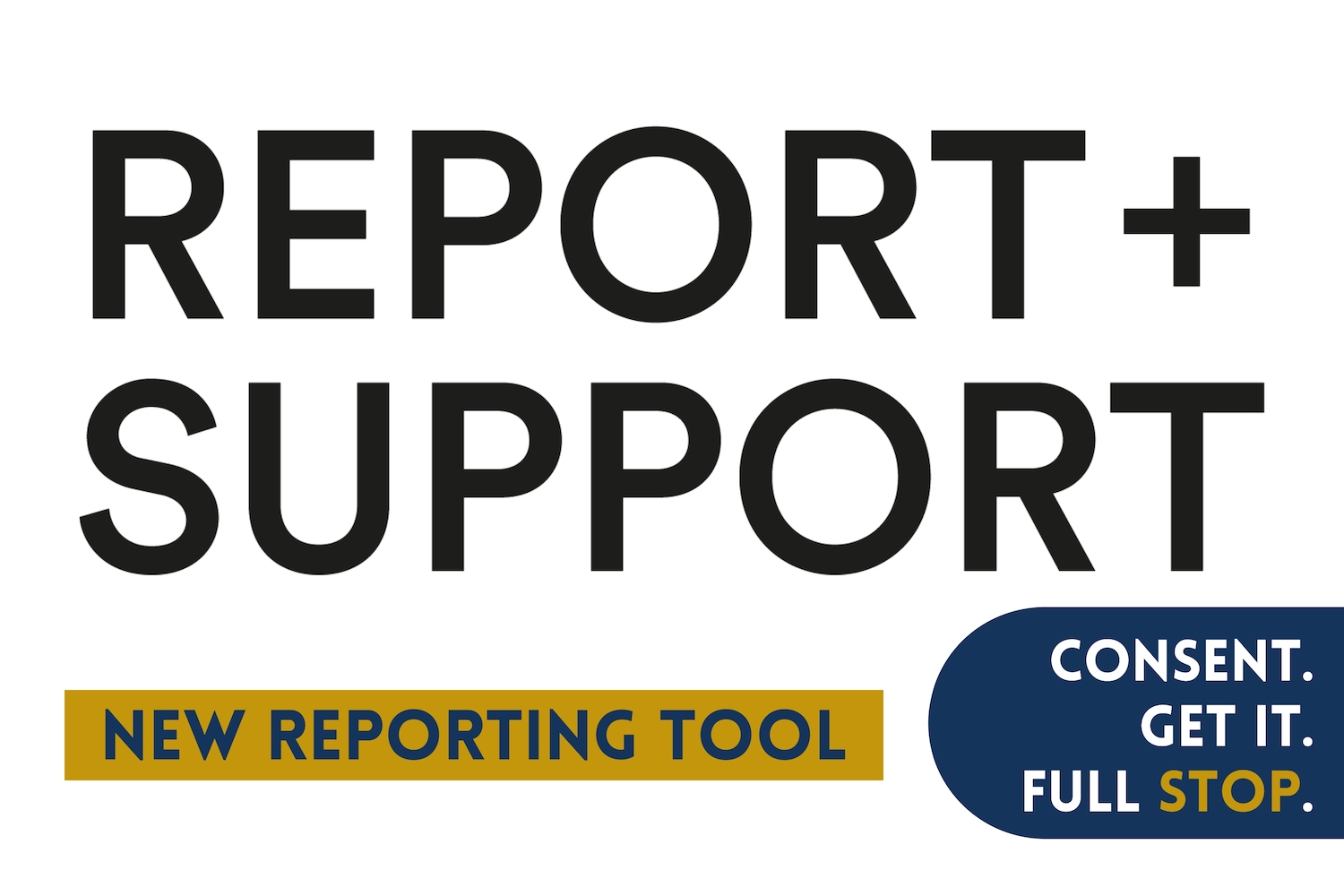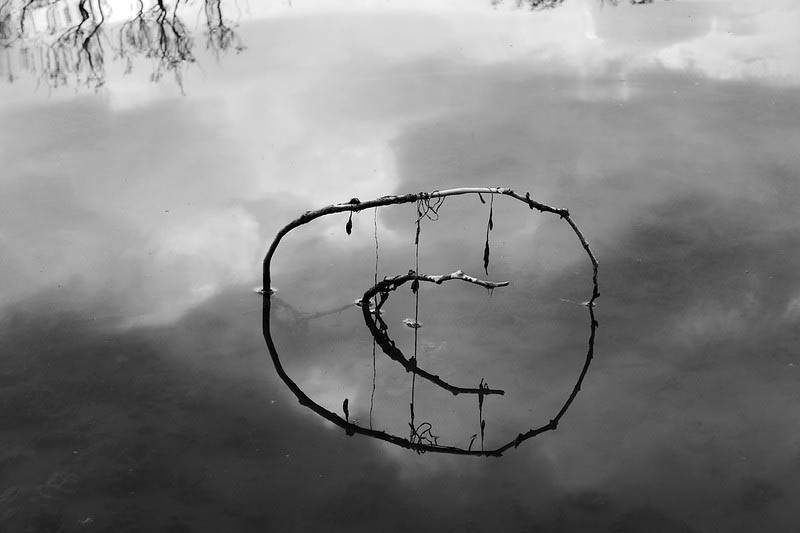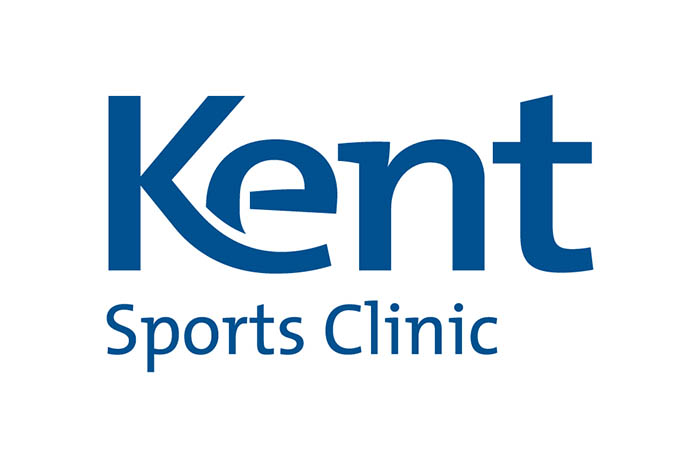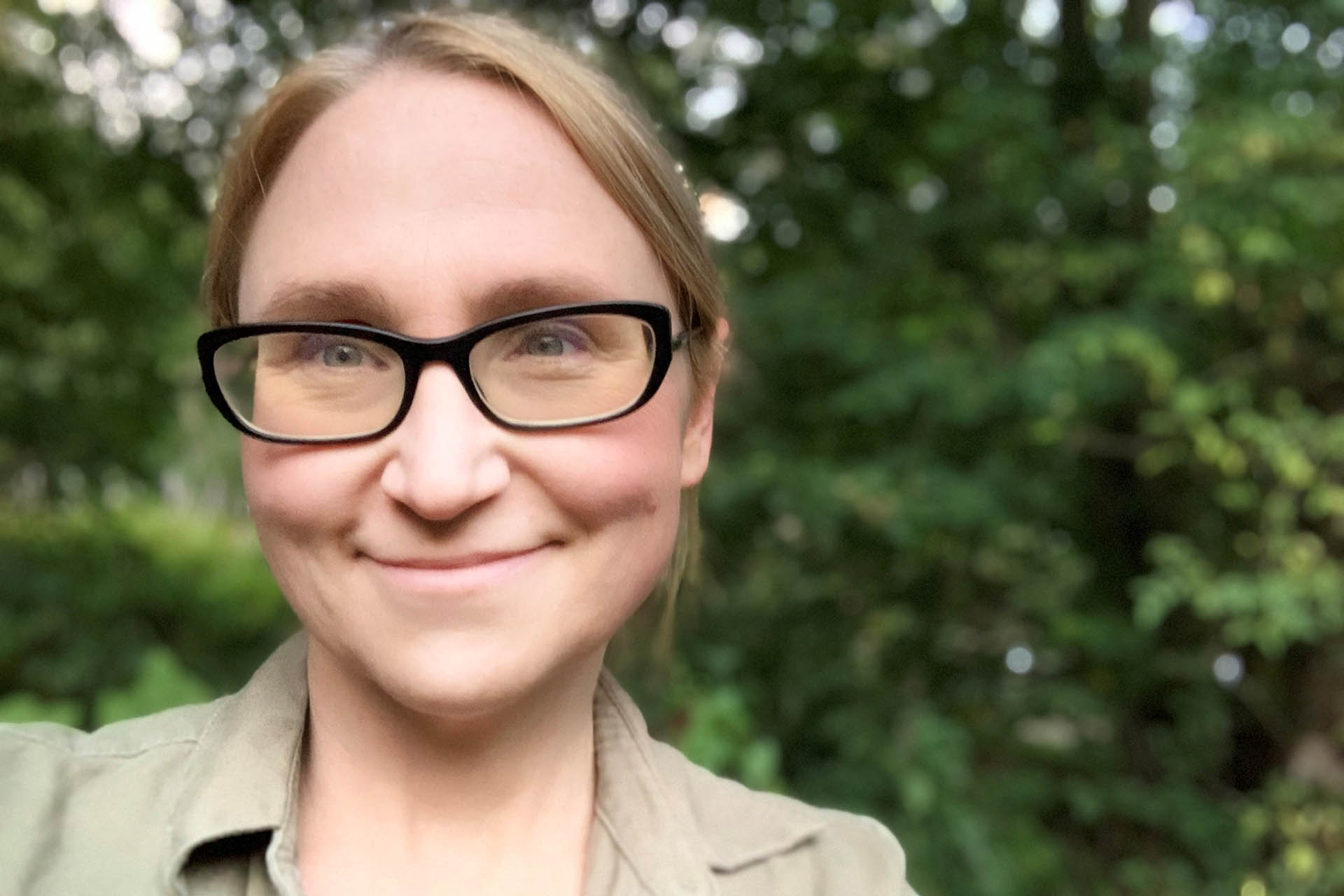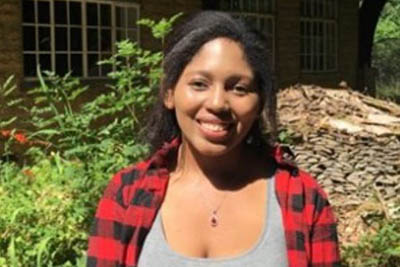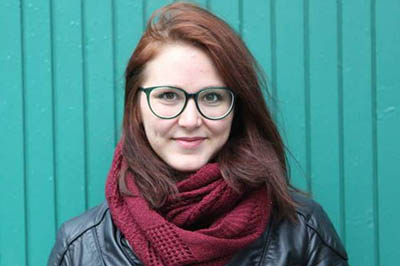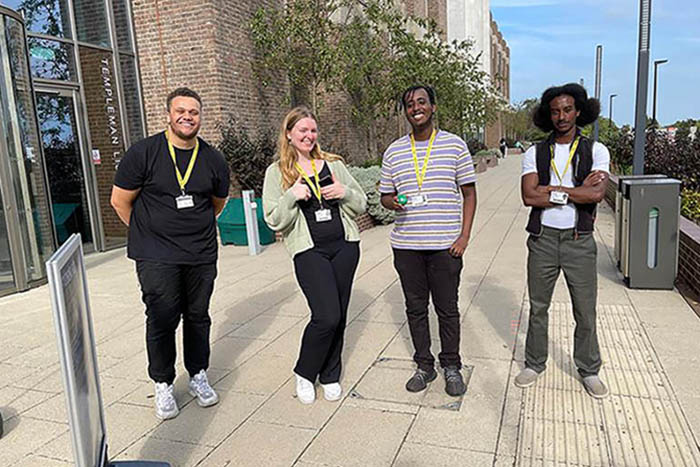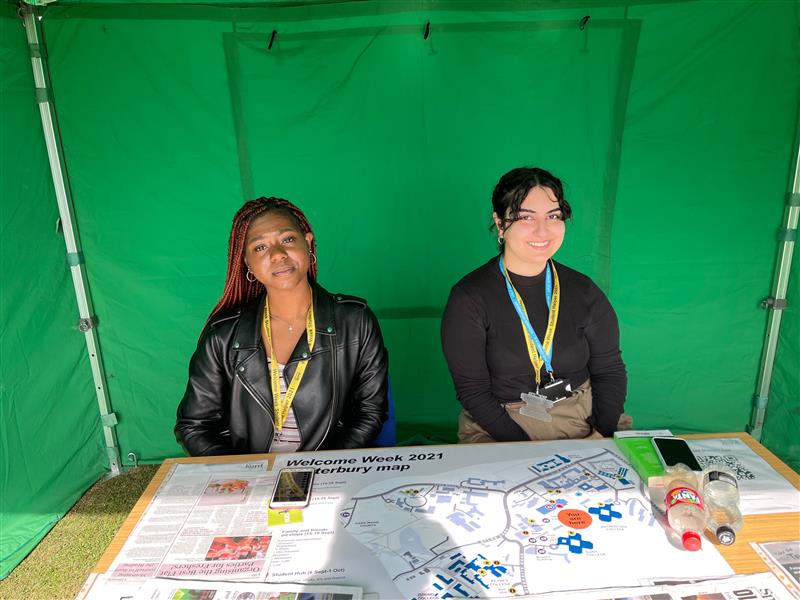Sixty-seven academic colleagues are celebrating their promotion to professor, reader, senior lecturer or senior research fellow in the 2020-21 academic year.
The new professors are:
Division of Arts and Humanities
Shona Illingworth (Arts)
Division of Computing, Engineering and Mathematical Sciences
Mark Batty (Computing)
Division of Human and Social Sciences
Robert Fish (Anthropology and Conservation)
Division for the Study of Law, Society and Social Justice
Heejung Chung and Carolyn Pedwell (Social Policy, Sociology and Social Research)
Division of Natural Sciences
Glen Davison (Sport and Exercise Sciences), Simon Holder (Chemistry & Forensic Science), Neil Kad and Mark Wass (Biosciences)
Martin Atkinson, Director of HR and Organisational Development, said: ‘The career development, personal growth and excellence of our academic staff are vital to the continuing success of the University. Congratulations to all those promoted this year in the most challenging circumstances. And, at a time when the contribution of the nation’s essential workers has been recognised and celebrated, I am sure that those colleagues would fully acknowledge that their achievements would not have been possible without the support of other academic colleagues and the professional services staff working behind the scenes.’
You can see the full list of Academic promotions 2020-21 here.
[Main picture shows newly promoted Professor Neil Kad from the School of Biosciences]
